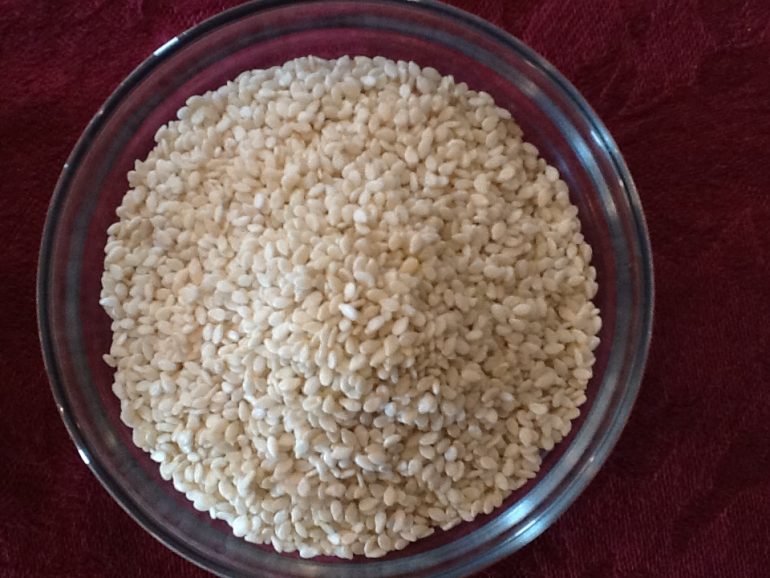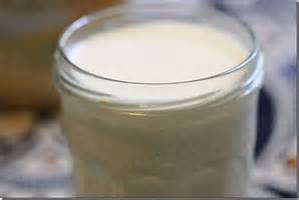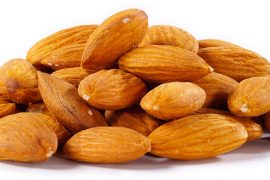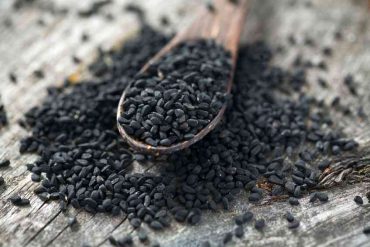It may be hard to believe that a food so tiny could offer up a host of nutritional and healing benefits, but that’s just what sesame seeds do. Nutritionally they offer a health trifecta –healthy fats, protein and fiber.
Aside from being a great source of vitamins and minerals, there are also numerous studies on the benefits of adding sesame seeds to your daily diet. Health benefits include protecting your body against arthritis, diabetes, cancer, heart disease, and supporting bone health.
Here are a few of the many benefits of sesame seeds:
Nutrition Sesame seeds pack a powerful nutritional punch. They are very high in B1, calcium, dietary fiber, as well as being an excellent source of copper, iron, magnesium, manganese, phosphorous, and zinc. Protein makes up 20% of this tiny seed. These are a perfect addition for vegetarians wanting to add more protein to their diet.
Oral health- Sesame seed oil works well for removing dental plaque and boosting oral health. Using this oil for oil pulling can boost oral health and help to whiten your teeth. This study showcases the effects of oil pulling and its reduction of streptococcus mutants in both teeth plaque and mouth saliva, as well as boosting overall health. To learn more about oil pulling click here.
Gingivitis- A 2009 study confirms that oil-pulling with sesame oil works as well as traditional mouthwash in improving gingivitis, caused by plaque.
Cartilage: Sesamin has a beneficial effect on cartilage. The chondroprotective effects of sesamin, a naturally occurring substance found in sesame seeds, has been proved in a rat model of papain-induced osteoarthritis.
Bone health-Sesame seeds are high in zinc and calcium. Zinc is beneficial in boosting mineral density. Sesame seeds are also a great source of calcium, a mineral that is essential for bone health.
Stress relief-Sesame seeds contain stress relieving magnesium and calcium. The high zinc content helps to repair damaged body tissue and improve skin elasticity.
Lower blood pressure-In a report to the American Heart Association by Devarajan Sankar, DO, PhD, of Annamalai University, Chidambaram, Tamil Nadu, India. Sankar’s team asked 328 patients to switch to sesame oil as the only cooking oil they used, within 60 days, the patients high blood pressure returned to a normal range.
Lower cholesterol– These tiny seeds contain mono and polyunsaturated acids (PUFAs) – these good fats lower cholesterol.
Powerful antioxidants– Sesame oil contains two unique chemicals called sesamol and sesamin. They are very powerful antioxidants. Antioxidants are nutrients and enzymes that play a critical role in preventing the development of chronic disease and cell damage.
Strokes Sesame seeds are high in the monounsaturated fatty acid, oleic acid, which helps in lowering the bad cholesterol and increasing the good cholesterol in the body. This can help lower the risk of cardiovascular disease.
Cancer-Sesame seeds contain an anti-cancer compound called phytate, as well as magnesium, which also has anti-cancer properties. A study published in the American Journal of Clinical Nutrition found that the risk of colorectal tumors decreased by 13% and the risk of colorectal cancer decreased by 12% for every 100 mg of magnesium taken in.
Digestive Health, Relieving Constipation –Sesame seeds are rich in fiber, which is an integral part of a having a healthy digestive system and healthy colon. This high fiber content helps keep the body “regular”, thus facilitating more complete bowel movements and relieving constipation.
Diabetes -Recent studies have shown that sesame and its ligands have beneficial effects in treating, preventing, and ameliorating diabetes. A 2011 study also found that sesame oil increased the effectiveness of the antidiabetic drug glibenclamide in diabetic patients.
Arthritic knee pain-According to this study , sesame seeds work as well as drug therapy on patients with knee osteoarthritis.
Anti-Inflammatory-Sesame contains high levels of copper, a natural substance that can help reduce inflammation.
Looking for ways to add more sesame to your diet?
When baking add sesame seeds to your muffins, bagels, or breads.
Use gomasio to flavor your food.
Sprinkle your veggies with sesame seeds.
Try making your own tahini butter or tahini milk. (recipes are below)
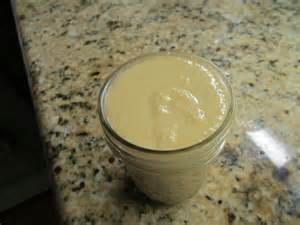 Tahini Butter
Tahini ButterIngredients:
2-1/2 C. sesame seeds (hulled)
¾ C. olive oil
Directions:
Toast sesame seeds in a 350 degree oven for 5-10 minutes. Toss seeds frequently to prevent browning.
Cool for 20-30 minutes.
Pour seeds into a food processor and gradually add oil. Blend for 2 minutes.
Tahini should be thick and pourable. Add more oil if needed and blend till you achieve the desired consistency.
Tahini should be stored in an air tight, labelled container in the refrigerator.
Tahini Milk
Ingredients:
¼ C. whole sesame seeds
1-1/2 C. filtered water
1-2 Medjool dates, pitted and soaked
Directions:
Pit and soak dates in warm water for 30 minutes.
Add all the ingredients to a high speed blender and process till smooth.
I tend to like things a little more tart, so if this isn’t sweet enough for you, you can always add more dates or sweeten with Lakanto, coconut sugar, stevia, or your favorite sweetener.
A Word of Caution
If you are taking anti-coagulant or blood-thinning medications, you should speak with your doctor before adding sesame seeds or oil to your diet. It lowers your blood pressure and thins the blood, so combining these could present a health risk.

